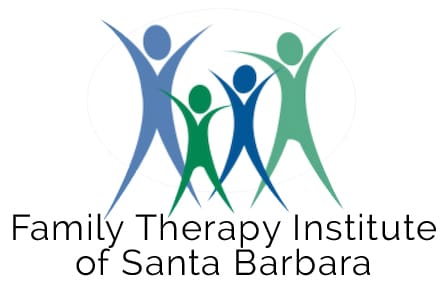Anxiety
Nearly 1 in 5 adults in the U.S. suffer from some form of mental health disorder, often undiagnosed and untreated. The most common are anxiety disorders. Symptoms can include excessive worrying, agitation, restlessness, fatigue, muscle tension, difficulty sleeping, and panic attacks.
Your therapist will first help you explore the potential underlying causes for your anxiety. Although genetic factors can play a part, anxiety is often caused or exacerbated by many things such as stressful life situations, losses or significant changes, social isolation, adverse childhood experiences and trauma.
Cognitive Behavior Therapy (CBT) is a highly effective form of treatment for anxiety disorders. In some studies, it is shown to be equally effective or more effective than medication. CBT explores the relationships between an individual’s thoughts, feelings, behaviors, and environmental factors that contribute to anxiety. CBT aims to identify and challenge negative thought patterns and behaviors, replacing them with more adaptive and helpful alternatives.
Our therapists are skilled at identifying and addressing anxiety disorders in children, teens and adults through individual therapy, couples therapy and family therapy. We use CBT and incorporate body focused interventions as well as mindfulness practices to aid in increased awareness and relaxation.
Substance Use Disorders
The second most common are substance use disorders affecting approximately 17% of Americans. This includes both alcohol abuse and drug abuse. Young adults (aged 19-25) are the population hardest hit but teens are also impacted. Eating disorders are also more prevalent in these age groups. Addiction within the family unit can disrupt routines, damage relationships, and create significant emotional, psychological, and financial strain.
Psychotherapy for substance use is one of the most widely used forms of treatment and has been shown to help people significantly reduce or stop substance use by helping them make behavioral changes, cement new skills, and prevent relapse. We provide a highly individualized treatment beginning with a thorough assessment of what issues may be driving the addictive behavior. You and your therapist will determine whether individual, couples or family therapy is best for you.
Depression
The third most common mental health disorder is depression. Symptoms include persistent sadness, fatigue, changes in appetite and sleep patterns, and feelings of worthlessness. Bipolar disorder is far less frequent but can be debilitating.
Successful treatment incorporates an evaluation of the individual’s overall well-being, including lifestyle, social support systems, and the presence of other mental or physical health conditions. We want to know about any recent changes, losses or trauma that may have caused or contributed to a negative spiral.
At FTI, we see young children, teens and adults dealing with depression. We see this and other symptoms not as isolated individual problems but as potential warning signs of underlying patterns of interaction that can be addressed and changed with therapy. Unhelpful patterns like criticism, blame, emotional invalidation, or poor communication might be contributing to or exacerbating the depression.
Supporting an anxious or depressed child can be emotionally and physically draining for parents. Parents might experience burnout, leading to feelings of exhaustion, detachment, and even resentment. The financial burden of treatment can also add to the stress, as household spending on child mental health services has significantly increased.
Seeking counseling can help you gain unbiased perspective and support, improve communication and conflict resolution skills, and develop effective strategies for managing stress and anxiety. If you are a parent, getting help for yourself is an act of love for your children.
